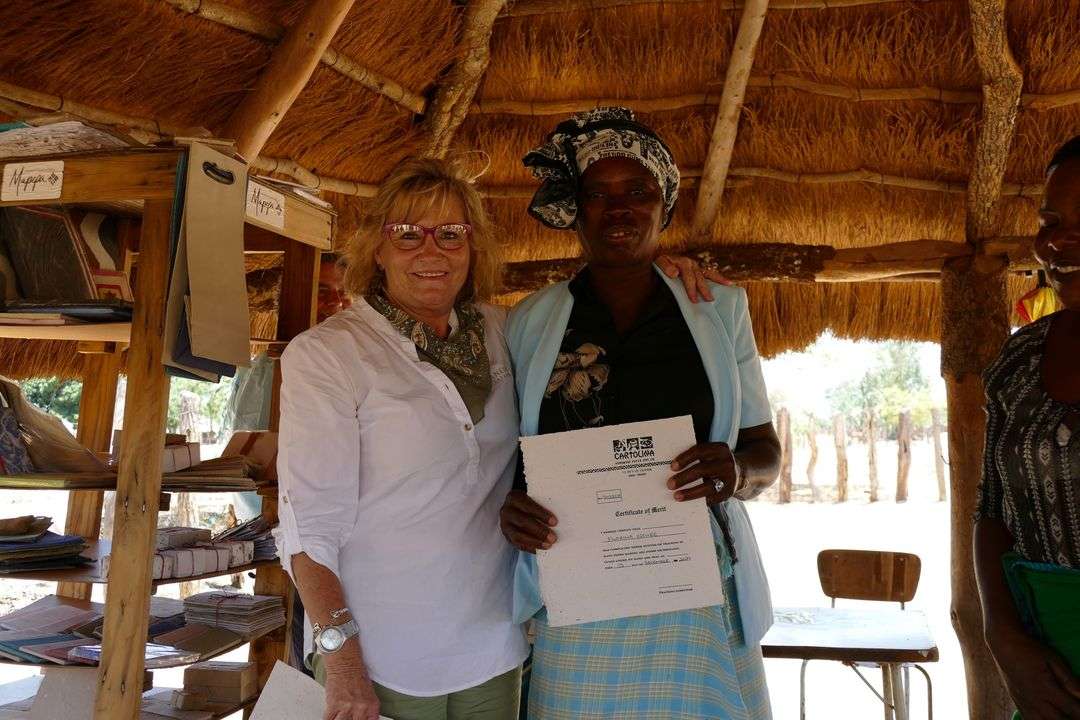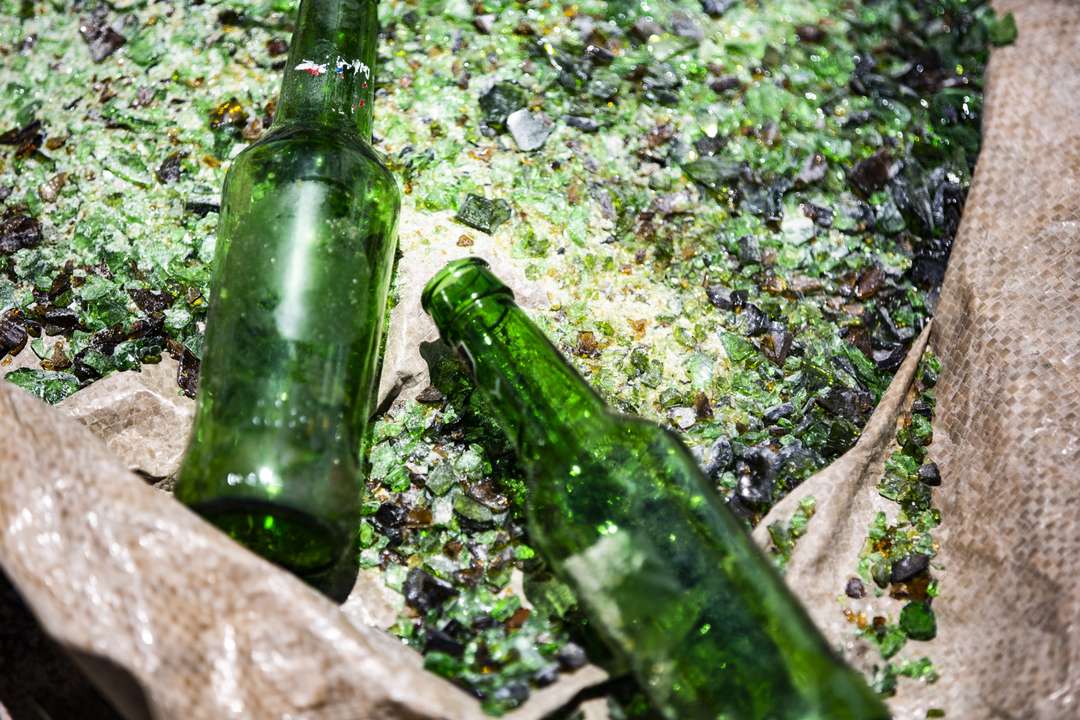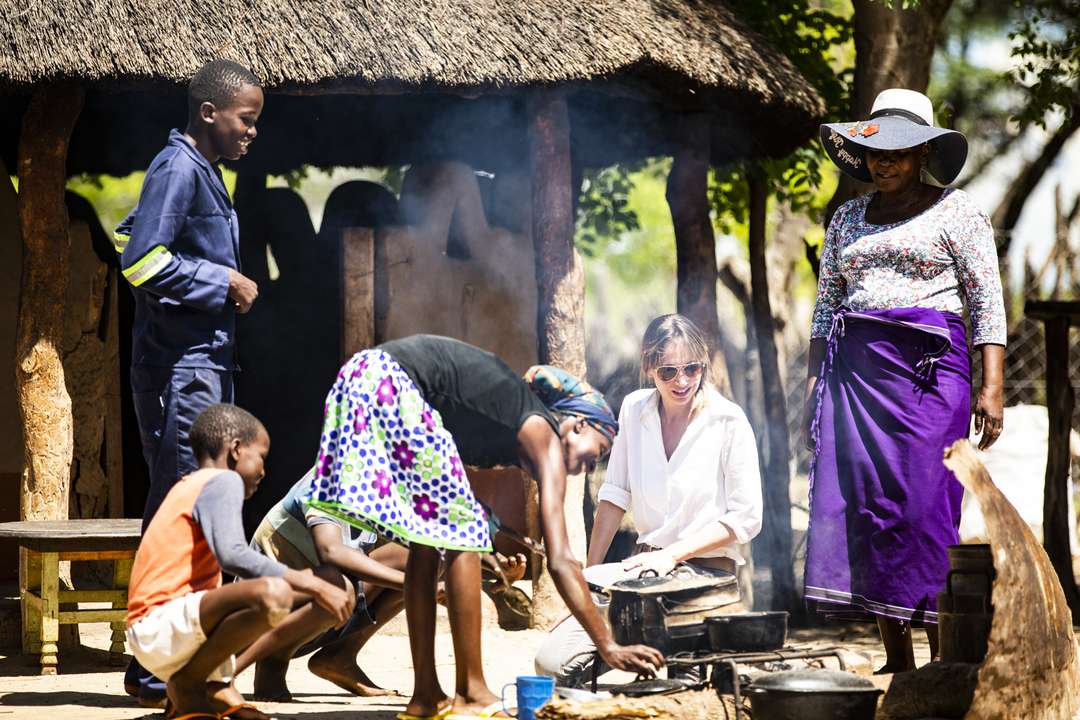These working groups provide consistent, reliable, and sustainable methods of income, as well as train community members – many of whom do not have a high level of education – in the practical sense of skills development and learning to manage their finances. In other community groups that have been established, CITW encourages a 60/40 split, where 60 per cent of income earned goes back into the business for material provision etc., and 40 per cent is divided between group members as profit. Income-generating groups such as these naturally also have significant positive knock-on effect across entire communities.
The Wilderness Sustainability Fund is dedicated to funding a variety of community empowerment programmes in Zimbabwe, including allocating the funds required for the above projects. “In late 2019 eight women from the Jabulani commenced training for their paper-making group, and now, in conjunction with the Mapepa Paper Project, are contributing to their community’s journey towards sustainability, one sheet of paper at a time”, adds Sue.

Rolling out the project to communities in CITW’s Zambezi Region, the Sustainability Fund has allocated monies to ensuring that the paper-making project is able to successfully take off here. Plans are underway to expand to St Mary’s and then Ngamo in Zimbabwe later in the year.
“By assisting working groups like these in our neighbouring communities to develop and run small businesses, we spread the benefits of our ecotourism model beyond just the individuals that we employ. Successful income-generating projects not only improve the livelihoods of these people and their families, but also reduce their dependence on natural resources, ultimately benefiting their environment and the conservation areas that we rely on to provide this support”, concludes Dr Neil Midlane, Wilderness Group Sustainability Manager.










